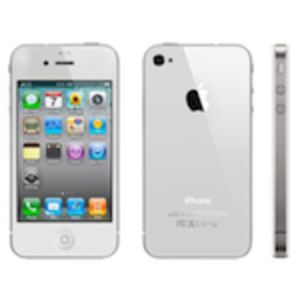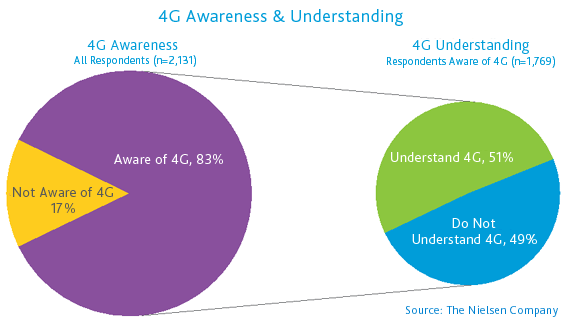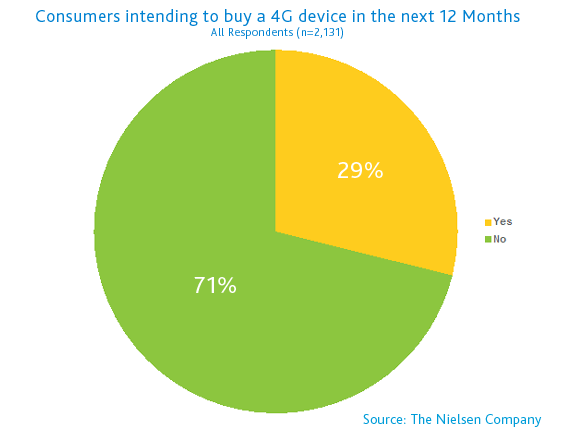This morning, live from New York City’s Lincoln Center, Verizon Wireless is holding a special press event where it’s expected the company will reveal, at long last, the Verizon iPhone. It’s a move that will end AT&T’s exclusivity over the wildly popular Apple smartphone once and for all.

The event is being hosted by Lowell McAdam, Verizon President and COO, and will likely see Apple CEO Steve Jobs grace the stage as well.
AT&T has been prepping for the loss of its exclusive rights to carry the iconic device by slashing prices on the iPhone 3GS, lowering it to just $49, obviously in the hopes of roping people into a cellular contract in advance of Verizon’s announcement.
AT&T & Verizon Trading Barbs
AT&T, which has been the only carrier with the iPhone for three-and-a-half years in the U.S., has even started to publicly dismiss the Verizon version of the phone. For example, AT&T PR spokesperson Larry Solomon sent Business Insider the following statement yesterday:
“The iPhone is built for speed, but that’s not what you get with a CDMA phone. I’m not sure iPhone users are ready for life in the slow lane.”
He also explained that AT&T’s GSM technology is faster than Verizon’s CDMA technology.
That same exact wording was released by AT&T Mark Siegel in a statement given to The New York Times.
Verizon then fought back, releasing a statement of its own:
“AT&T is known for a lot of things, but network quality is not one of them, said Jeffrey Nelson, a spokesman for Verizon Wireless. Typically companies try to call attention to their strongest suit.”
Ouch!
CDMA iPhone Confirmed?
Notably, AT&T’s above statement not only confirms the existence of the Verizon iPhone itself, but also its technical nature: CDMA, not LTE.
?For those unfamiliar with the acronyms, CDMA is Verizon’s equivalent of 3G while LTE is 4G. (Although the term “4G” has been transformed into marketing lingo for “next generation, high speed networks” – none of the U.S.’s “4G” networks actually meet the standards requirements).
That’s an interesting detail about the Verizon iPhone because, last week at the Consumer Electronics Show (CES 2011) in Las Vegas, Verizon announced a slew of LTE-capable phones, all of which were running Google’s Android mobile operating system.
It appears that the choice Verizon will be presenting its smartphone shoppers is this: do you want a Verizon iPhone, or a 4G Android? Arguably, the supposed lack of 4G technology in the iPhone could make that a tougher decision for those who know and care about network speeds. However, that may not include most mainstream consumers.
According to Elisabeth Rainge, an analyst at IDC, “regular consumers think more about the handset than the network.” She wondered: “if they build LTE, will they come?”
Nielsen’s latest survey revealed that same sentiment was found among many U.S. adults. The firm asked more than 2,100 U.S. adults about 4G technology to gauge consumer awareness and perceptions, as well as purchase intent.
The results showed that while 83% were aware of 4G, half said they did not understand it. And 71% reported they were not planning on buying a 4G device within the next 12 months.


How Many AT&T Defectors?
Gene Munster, an analyst at Piper Jaffray told NYT that Verizon could activate as many as 9 million iPhones this year, or as much as 40% of its total smartphone sales for the year. He said that up to 6.5 million of those could be from AT&T.
Meanwhile, Credit Suisse estimates that AT&T will have 18.4 million iPhone subscribers in 2010, of which 15.9 million (86%) will be under contract, according to The Wall St. Journal. And analyst Jonathan Chaplin estimates that Verizon will sign up 9.6 million subscribers through 2012, 1.3 million of which will be from AT&T.
The discrepancy in the numbers show that not even analysts are sure of the effect this move will have on the subscriber bases of the two networks, only that there will be one.

















